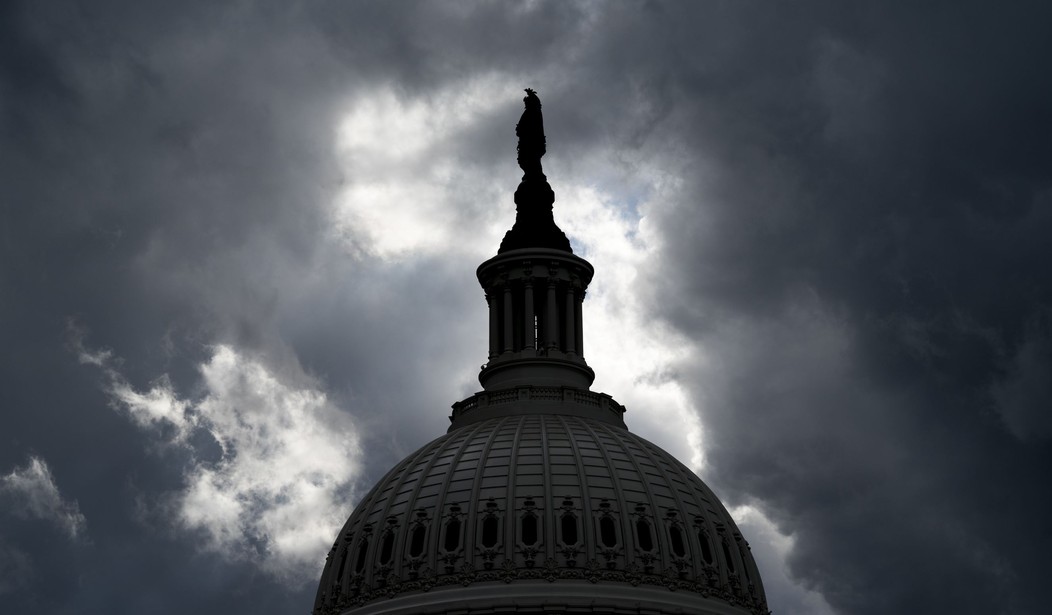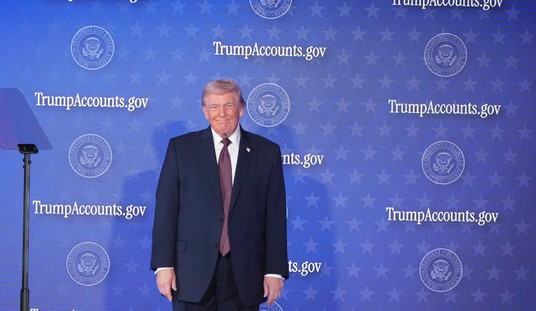Next year is set to be an incredibly consequential year for America’s taxpayers. With major provisions of the 2017 Tax Cuts and Jobs Act (TCJA) already expired or on track to expire, Congress has an increasingly small window of opportunity to reach an agreement on the path forward. Inevitably, lawmakers are going to spar over their competing interests in shaping our tax policy. The interests of the businesses and individuals that actually foot our tax bills should be front of mind.
While much of the debate depends on the outcome of the upcoming November elections, taxpayers are already making their voices heard. The Taxpayers Protection Alliance’s (TPA) recent survey of 500 business leaders in the United States sought to shed light on the real-life impact of the ongoing uncertainty around our nation’s tax policy. The message from these leaders is clear: the uncertainty coming out of Washington is taking a significant toll on our economy.
Lately, public policy has felt like a frustrating game of table tennis. Every two to four years, the economic status quo is overhauled as new leaders take power in both the legislative and executive branches. However, tax and regulatory policy is very important for businesses making investment decisions about what is best for their future. Sadly, the federal government has been in the habit of ensuring they have no stable footing on which to plan their future.
More than 75 percent of respondents reported that their businesses are facing at least some tax uncertainty, while one-third described the uncertainty as substantive or very high. Businesses also identified key drivers of this trend. Specifically, they pointed not only to upcoming TCJA changes, but also to other major tax policy proposals put forward by the Biden administration as sources of uncertainty. With the latter posing a lingering threat, the chilling effect on businesses’ operations could last for years.
A number of these proposals center around the Biden administration’s environmental agenda. With regulations on emissions, fuel standards, and a new iteration of the Clean Power Plan that seems destined to be tied up in the court system for years, companies that rely on mass transit or shipping will be unlikely to accurately assess their costs.
Recommended
In practice, tax uncertainty means less investment, fewer jobs, and reduced economic activity. Businesses cannot effectively plan when policymakers are sending mixed and confusing signals about the road ahead on their tax liability. For example, an increase in hiring could seem like too much of a risk for many businesses when the administration is pushing plans that could eventually cut deeply into profits. Renewing TCJA provisions and rejecting radical new tax hikes would lower the uncertainty businesses currently face and undoubtedly breathe life back into the economy.
Yet some continue to criticize the TCJA as fiscally irresponsible and only benefiting those at the top of the economic ladder. The results of TPA’s analysis only add to the mountain of evidence showing that these attacks could not be further from the truth. Renewing key TCJA provisions and eliminating some of the existing tax policy uncertainty would create millions of new jobs for average Americans. The analysis shows that the US can create at least 2.6 million new jobs by taking these steps.
On top of this, tax revenues are actually projected to increase through 2027 under the TCJA — $570 billion more according to the Congressional Budget Office than it had projected prior to TCJA’s passage. The relief and certainty provided by the law has empowered businesses to invest and grow, which ultimately leads to higher income growth and a subsequent increase in income and payroll tax revenue.
In the near term, lawmakers can continue to promote economic growth by acting swiftly to renew the expiring tax cuts. However, policymakers must be clear-eyed that long-term solutions are necessary for sustained prosperity. Tax policy uncertainty has grown along with the size and scope of government. It will continue to shackle the American economy until lawmakers take the necessary steps to rein in wasteful spending and cast aside unrealistic, politicized tax proposals.
The evidence clearly shows that stability, predictability, and practicality in America’s tax policy benefits everyone. By sticking to these guardrails, lawmakers can truly unleash the potential of America’s businesses, workers, and economy. As the saying goes, a rising tide lifts all boats.
David Williams is president of the Taxpayers Protection Alliance.

























Join the conversation as a VIP Member